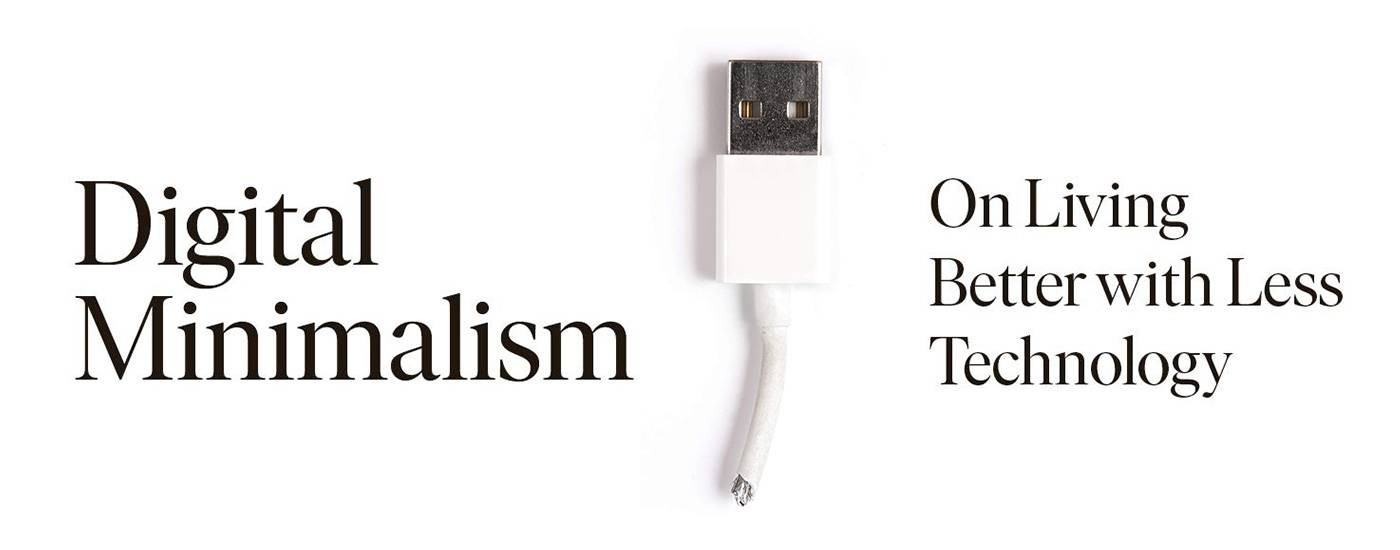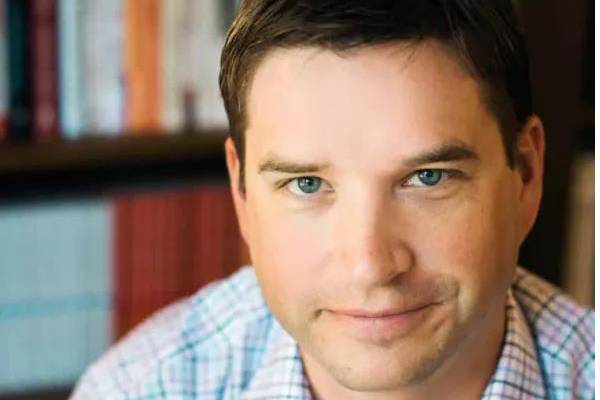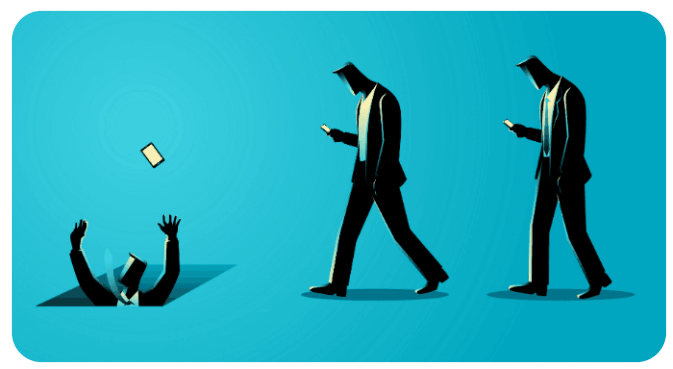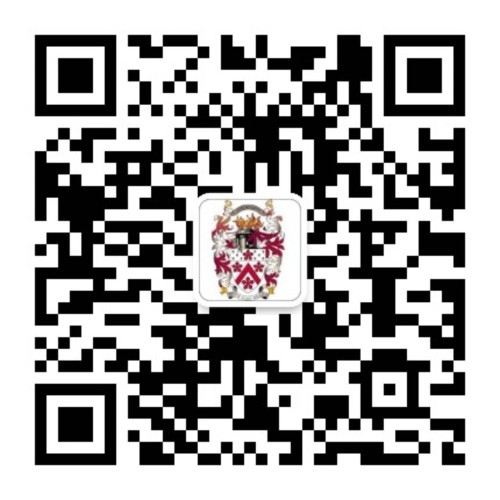Digital Minimalism-On Living Better with Less Technology

Digital Minimalism
On Living Better with Less Technology
By Cal Newport
Book Review by Andrew Gibson
Digital Minimalism, On Living Better with Less Technology, was one of the many new titles that we purchased for the Dulwich International High School Suzhou Library at our recent book fair. We always use the opportunity that the book fair offers to find exciting new books to add to the library for our students and staff to read.
On the front cover of the book is a quote by Ryan Holiday (author of “The Obstacle is the Way”) “This is an urgent call to action for anyone serious about being in command of their own life”. This neatly summarizes what Digital Minimalism is all about. There is a growing awareness of how dependent we have all become on electronic devices and the social media experiences they tirelessly deliver to us. This is mainly due to the addictive nature of all social media platforms, which compete for our attention, constantly evolving, getting better and better at harnessing our attention, in order to monetize it. The well-known truism is: “If a platform is free, then you are the product.”
Because of social media, we cease to be able to live in the moment, because every experience we have must be recorded so it can be posted on WeChat Moments or uploaded to Instagram and Facebook, or put on Twitter in a relentless quest for more followers. As the saying goes “Photos, or it didn’t happen.”
One of the main benefits that social media platforms frequently claim to offer, is that they allow you to connect with people when in reality, they actively prevent real communication. As Newport states in the book:

“They joined Facebook to stay in touch with friends across the country, and then ended up unable to maintain an uninterrupted conversation with the friend sitting across the table.”
What Cal Newport’s book does very well is capturing this growing sense of disgust at how much of the richness of human life has been given up to these faceless social media companies. How we have sacrificed our right to privacy on the altar of popularity. How these platforms appeal to the basest elements of human nature and consistently bring out the worst in us. But it’s a book that offers hope. It promises a way out, a way to reclaim a sense of self. A chance to rediscover what it means to be a human being.
“In our current moment, smartphones have reshaped people’s experience of the world by providing an always-present connection to a humming matrix of chatter and distraction.”
As an assistant librarian and book lover myself, I’m acutely aware of how social media platforms greedily attempt to gobble into the time I’ve set aside for reading books. I must remain constantly on guard against the pernicious and relentless, distracting force they exude. WeChat doesn’t want you to read books. Twitter doesn’t want you to read books. Facebook doesn’t want you to read books. We all seem to have collectively sleepwalked into this impoverished state of existence, inexorably led by our Smartphones and tablets into a dystopian world in which we are enslaved by social media platforms, endlessly consuming and creating free content for them to monetize and sell.

Reading in this context seems almost like a subversive act, as though the world that Ray Bradbury envisaged in Fahrenheit 451 has suddenly become real. The situation gets even worse when social media tools are utilized for communication in the workplace. The barriers between work and life (such as it is, under the vice-like grip of social media) erode as the platforms become more and more powerful.

In Digital Minimalism, Cal Newport calls out our enslavement to modern devices and calmly presents a better way to live and work. What I liked most about this book was the actionable and scientific approach it takes to fighting back against the mind control of social media. What he proposes is a detox for thirty days, and once this is over, you can take this new perspective, and rebuild your relationship with digital technology from the ground up, with intentionality and minimalism, where technology serves you and what you deeply value, as opposed to the agenda of the social media platforms. This is a powerful and important book, which sadly, due to the distracting power of social media, very few people will get to read, especially those that need it most…






